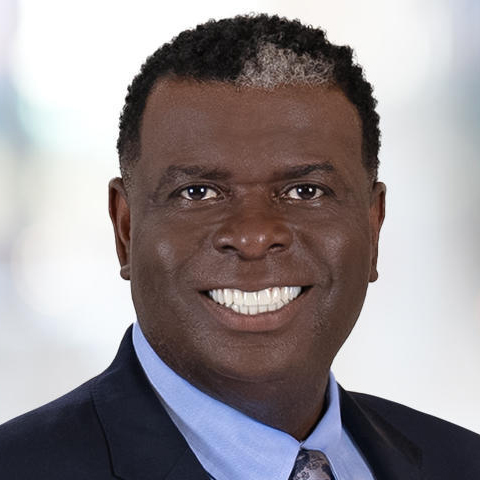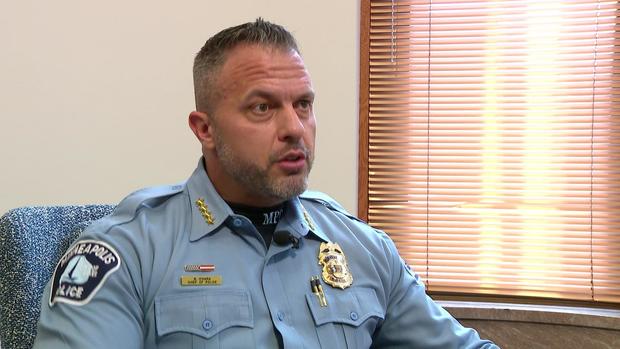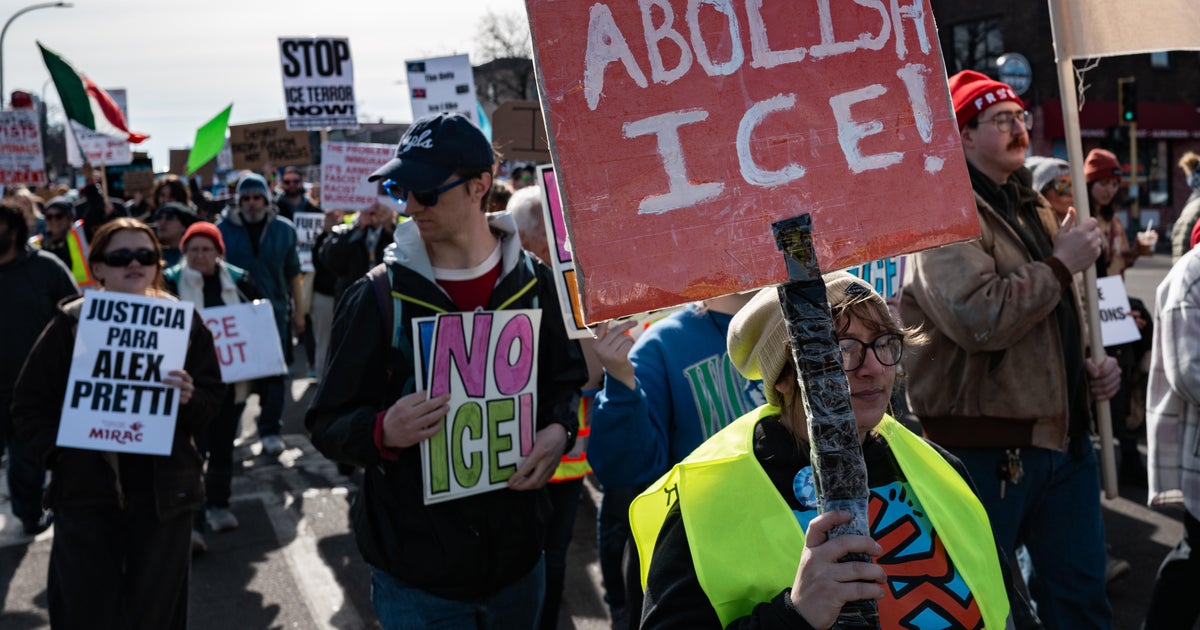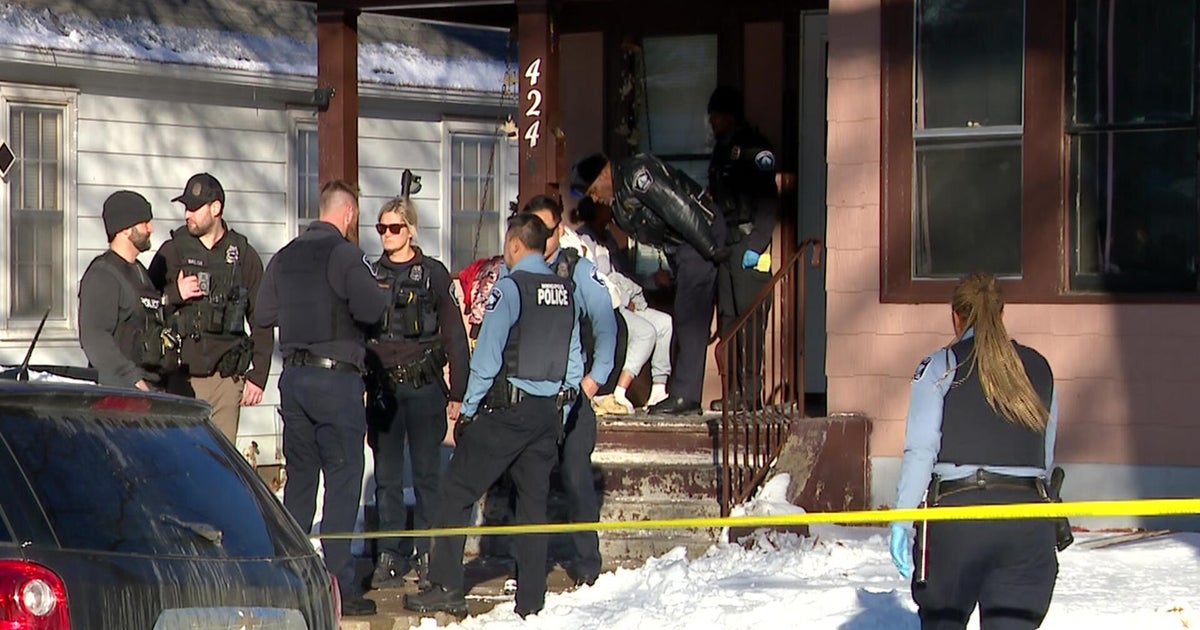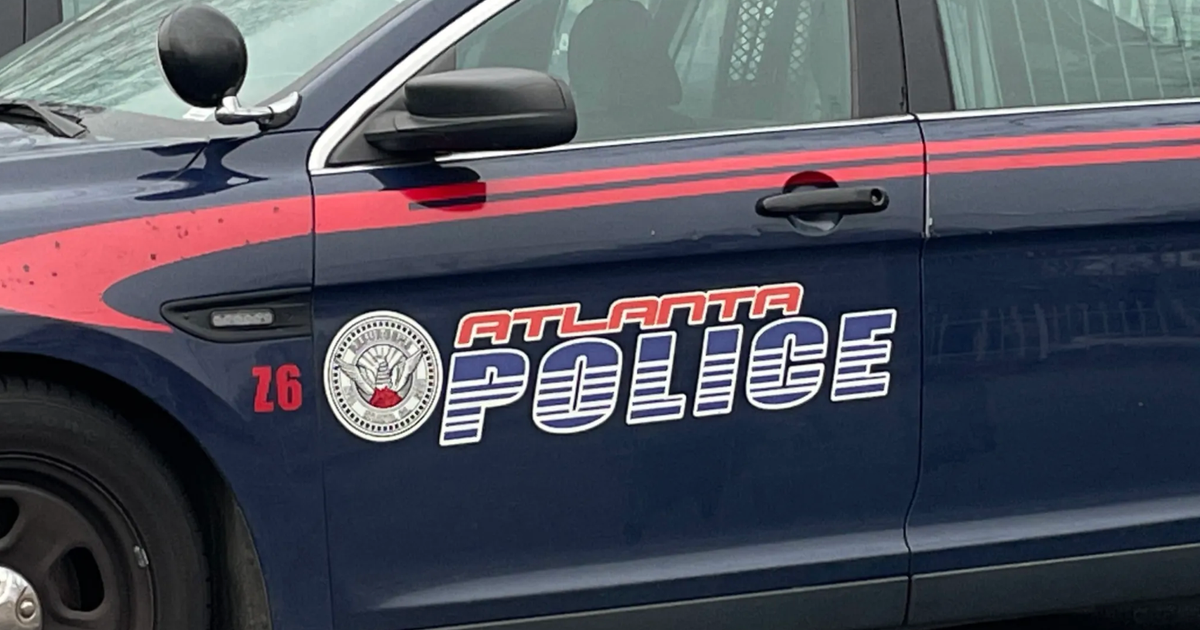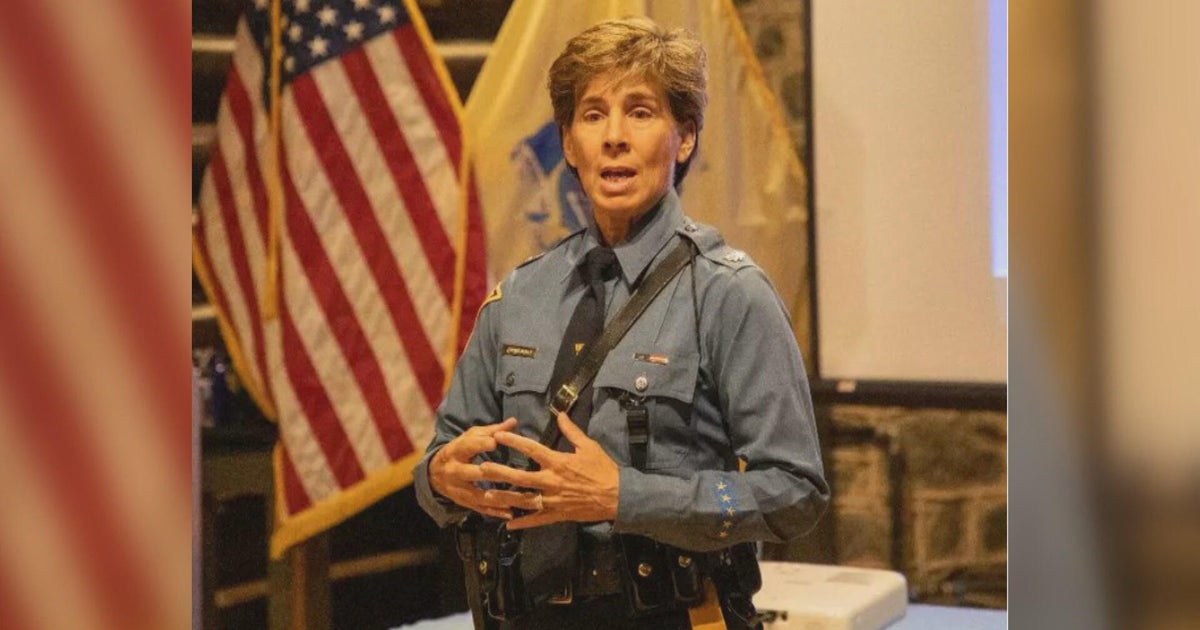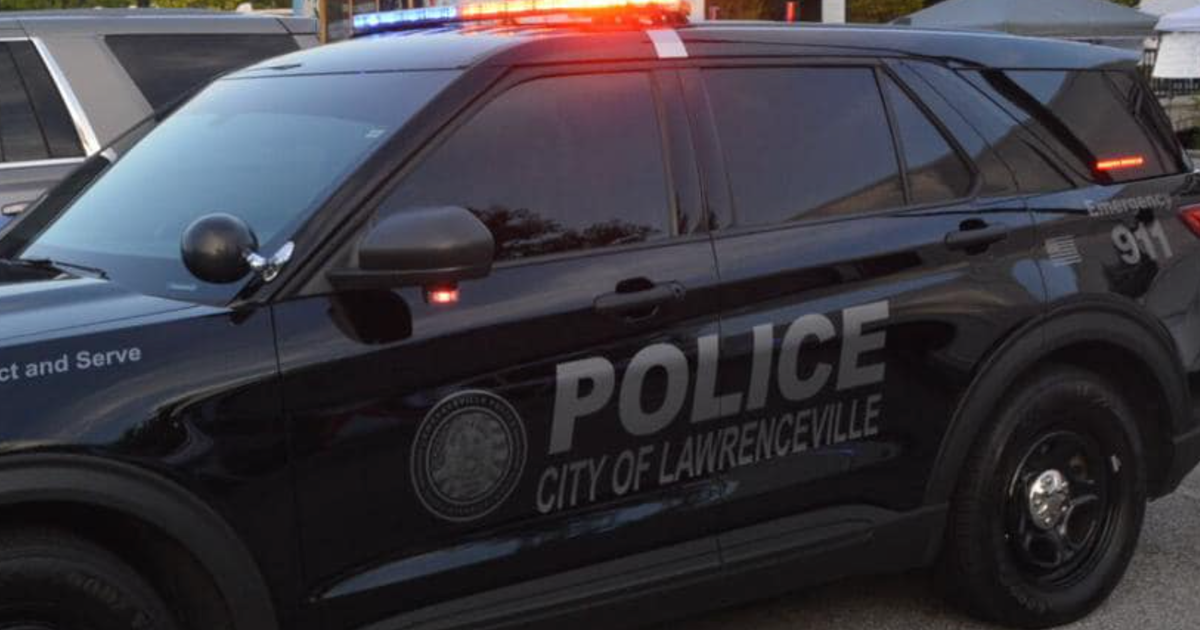O'Hara reflects on first year as Minneapolis police chief: "You can't shake up a police department without actually shaking it up"
MINNEAPOLIS — It has been one year since Brian O'Hara was sworn in as chief of police in Minneapolis.
He arrived at a time when officer numbers were low, and crime was at the highest level in a generation.
Chief O'Hara sat down with WCCO's Reg Chapman to look back on his first year.
O'Hara took the reins of the Minneapolis Police Department during challenging times.
RELATED: Chief O'Hara announces "unprecedented" reorganization of department, new leadership roles
"Not only did we lose 40% of our sworn members, we also experienced the greatest level of violence in a generation," O'Hara said.
O'Hara also had to battle a war of perception. The eyes of the world watched and judged the department and officers during the uprising after George Floyd's murder.
Many of those officers left the department traumatized. And a community was left hurt and searching for healing.
"It has been an incredible blessing to be here at this time, at such a critical moment not just for the city and the department, but also for policing in general," he said.
During his first year, he shook up the department. Eighteen appointments were made to the command staff, and 90 people were transferred within.
"And that's necessary because you can't shake up a police department without actually shaking it up," he said.
He is proud of the decrease in crime since his arrival: 171 fewer shooting victims, 22 fewer murders, and 2,500 fewer shots-fired calls over the past year.
The third quarter alone saw the lowest number of shooting victims in north Minneapolis since 2012.
RELATED: Chief O'Hara: Police must reckon with "despicable" fact that an MPD officer murdered George Floyd
But he also recognizes the bumps in the road.
"There's been internal complaints that have been made against me, but I think that shows that I'm doing something right, because I was not brought in from 1,700 miles away, or whatever it is, to come here and maintain the status quo," he said.
Looking forward, he believes the department is in a position for real change, and it starts by addressing both state and federal consent decrees.
"A federal judge in place, a federal monitor in place that believe that their roles are also to help make change real both for our residents in community, but also to help support our police officers," he said.
